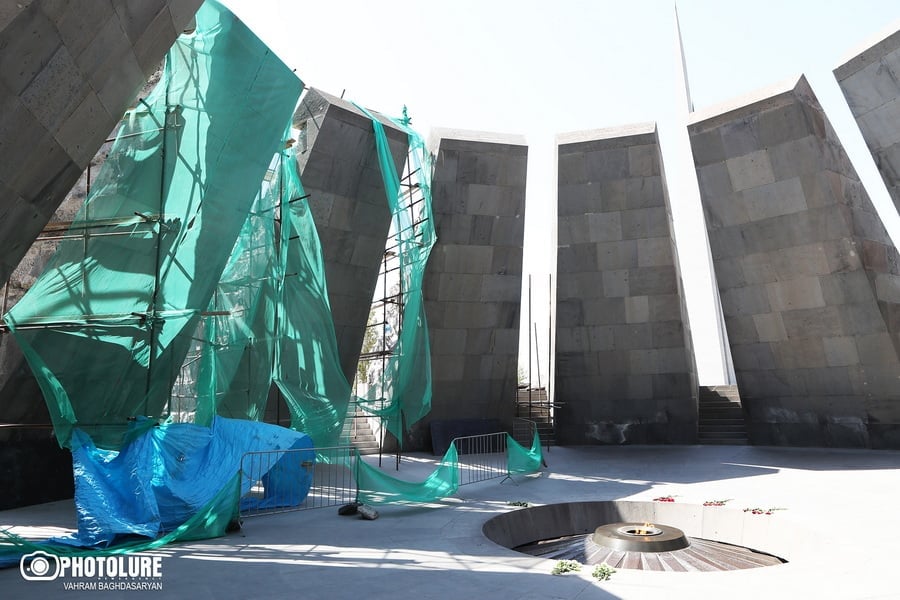The Genocide Memorial is being renovated, not demolished. For now. But it is not inconceivable that if Pashinyan manages to “perpetuate” his rule, it could one day be demolished as a symbol of “Soviet Armenian patriotism” — that is, patriotism supposedly dictated by Moscow or the KGB. After all, as the official Armenian position on the events of 1915–22 increasingly converges with the official Turkish narrative, it is quite possible that future April 24 messages will place more and more emphasis on the “guilt” of Russians and of Armenians allegedly deceived by them. In that case, over time, the Genocide Memorial and Museum may at least be “reinterpreted.”
What I find even more amusing are the hopes of some of our naïve fellow citizens: “Pashinyan will never dare.” If a man dares to declare that he deliberately went into the 44-day war — otherwise Armenia would have lost its independence — and society, having lost 4,000 of its children, accepts this with near indifference, then the demolition of the Genocide complex could also be packaged as a “beautiful” step on the path toward liberation from “Russian slavery.” In other words, nothing is off the table.
The justification for war, victims, and defeat “for the sake of Armenia’s independence” belongs to the same absurd script. Since the peace settlement program in 2019 was the so-called “Lavrov Plan,” we are told that accepting it would have deepened Armenia’s dependence on Russia, supposedly threatening our independence. In reality, however, it was an OSCE Minsk Group plan, coordinated with the French and American sides. The apocalyptic predictions about the “terrible consequences” of accepting it are simply unfounded.
And if the war was truly “necessary” to secure independence from Russia, then why the fiery speeches throughout those 44 days, why the relentless propaganda under the slogan “We will win”? Quite the opposite — Pashinyan should have been preaching immediate surrender, so that we could free ourselves from the Russian yoke one day sooner.
Read also
On the other hand, if we take the Prime Minister’s latest admissions at face value, they do clarify one thing: why the 44-day war began. It turns out it was not only about Artsakh.
Aram ABRAHAMYAN






















































